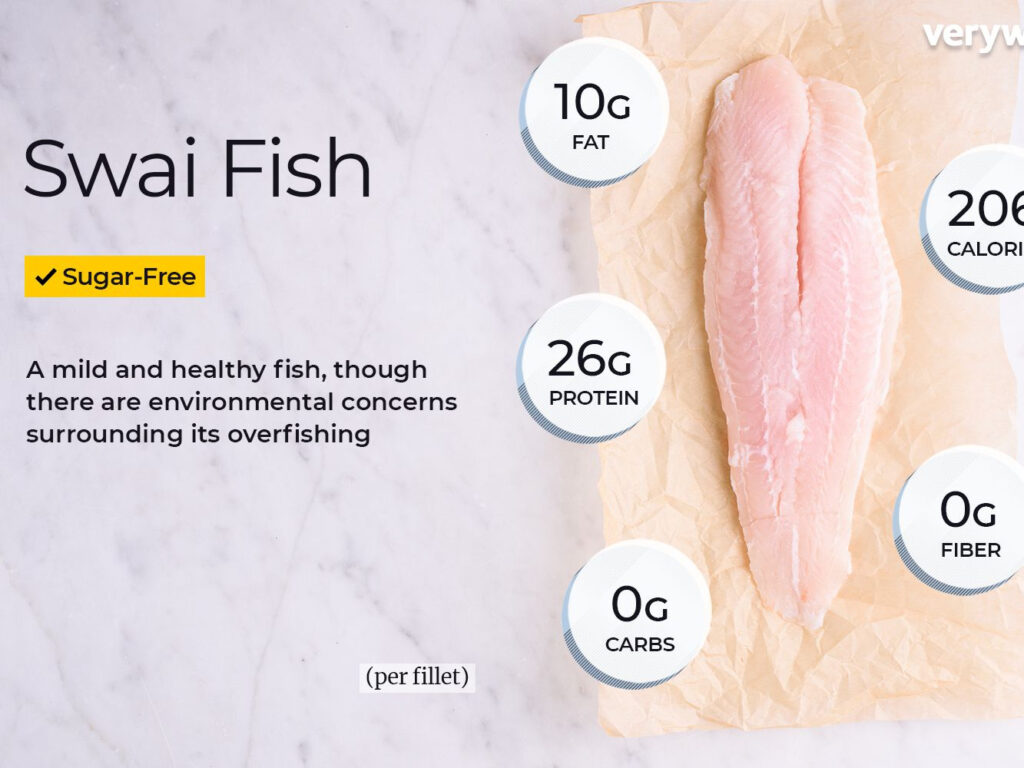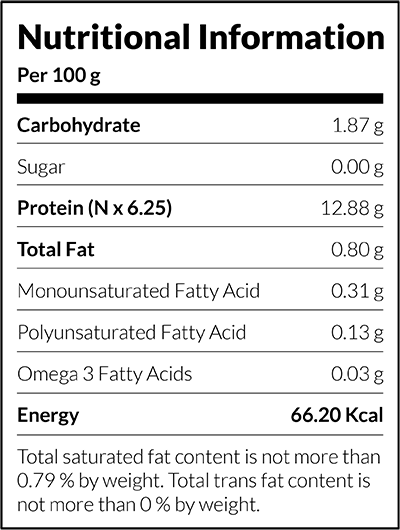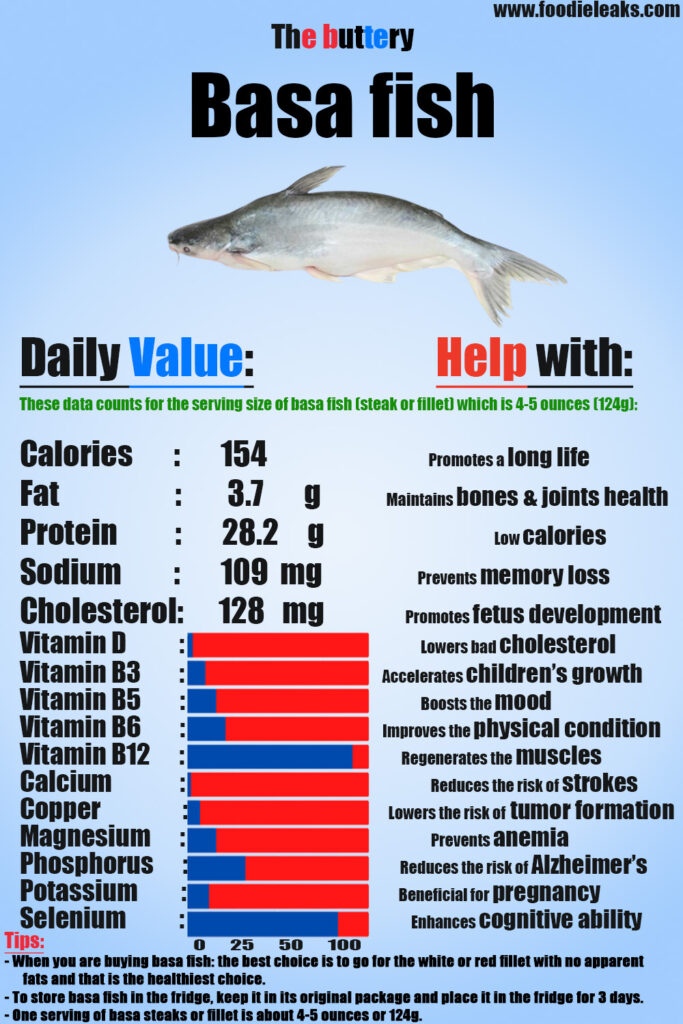Basa Fish Nutrition Information – Explore the important dietary properties of Basa Fish Nutrition Information. If you’re focused on healthy eating, knowing the macronutrient profile of Basa Fish Nutrition Information can be important.
Energy & Nutritional Composition
- Total Energy: Depends on serving size.
- Carbohydrates: Depends on preparation.
- Fiber: Can contribute to digestion.
- Natural & Added Sugars: Levels depend on ingredients.
- Protein: Important for body functions.
- Fats: Can impact overall health.
- Unhealthy Fats: Should be consumed in moderation.
- Beneficial Fats: Good for heart health.
- Trans Fats: Linked to health concerns.
Essential Nutrients
- Key Nutrients: May contain a variety of important vitamins.
- Minerals: Rich in important minerals for the body.
Composition & Additives
Being aware of the makeup of Basa Fish Nutrition Information allows you to make conscious decisions.
- Main Components: Varies by brand.
- Processed Content: Be mindful of added chemicals.
- Allergen Information: Depends on production methods.
Pros & Cons
Why It’s Good for You
- Helps with wellness.
- Improves metabolism.
Potential Risks
- High in sugar.
- Not suitable for certain health conditions.
Optimal Consumption Methods
To maximize Basa Fish Nutrition Information, try these eating tips:
- Best served a meal replacement.
- Can be paired with healthy food choices.
- Ideal as a snack before workouts.
Alternatives & Comparisons
Looking for an alternative choice? Here are these better options:
- Better Choices: Explore whole foods.
- How It Stacks Up: Compared to [Another Product], Basa Fish Nutrition Information offers different nutrients.
Final Thoughts
To wrap things up, Basa Fish Nutrition Information can be part of a balanced diet with proper portion control. Choose wisely for a improved lifestyle.


